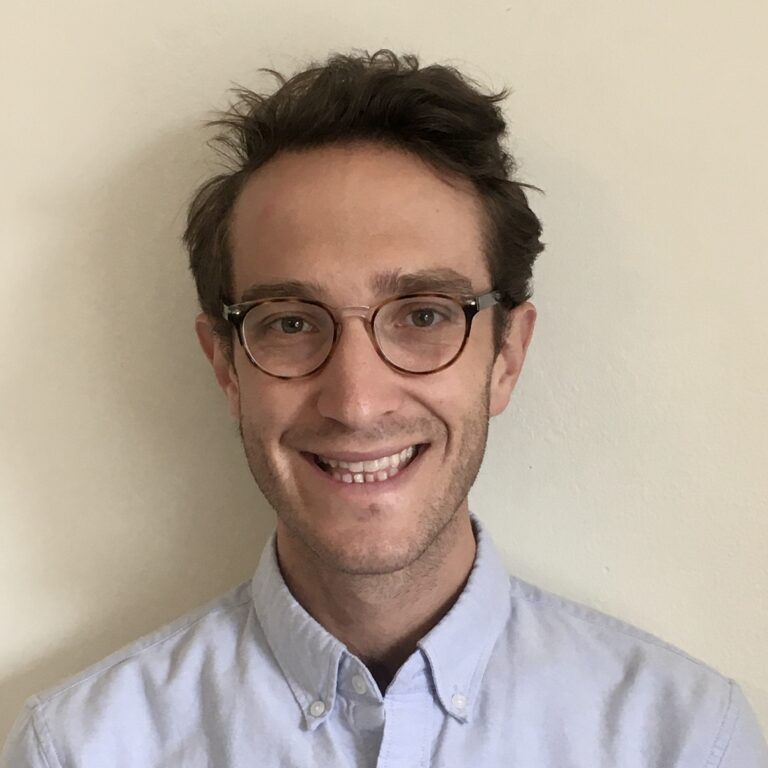Introduction: Overcoming drug addiction and achieving a clean, drug-free life is a challenging journey. It requires determination, resilience, and a commitment to personal growth. Dr. Julian Mitton, MD , an esteemed medical professional, provides valuable insights and practical steps to guide individuals seeking a drug-free life towards lasting recovery and well-being. By following these easy steps, individuals can break free from the grip of addiction and embark on a path towards a happier, healthier future.
Step 1: Recognize Your Addiction Acknowledging and accepting your addiction is the crucial first step towards recovery. Addiction is not a choice, but a disease that affects the brain and impairs self-control. By understanding that addiction is not a moral failing, but a complex condition, you can begin to seek the necessary help and support to overcome it. Recognize that drugs or alcohol are not a solution to emotional pain or problems but instead hinder personal growth and well-being.
Step 2: Take an Honest Look at Your Situation Facing your addiction requires a genuine self-assessment of your drug use and its consequences. Reflect on the extent and duration of your drug use, as well as the negative impact it has had on various aspects of your life. Be honest with yourself about the problems caused by addiction and the importance of reclaiming control over your life. This self-reflection is essential in determining your readiness and commitment to pursuing a drug-free existence.
Step 3: Face Your Fears and Negative Consequences Confronting fears and negative consequences associated with a drug-free life is a critical step towards sustained recovery. Fear of the unknown can often hinder progress, but by acknowledging and addressing these fears, you can overcome them. It is essential to recognize that the negative consequences of addiction will persist until you actively choose to embrace a drug-free lifestyle. Embrace the support and resources available to help you overcome these fears and replace them with hope and optimism for a brighter future.
Step 4: Seek Professional Help and Support Recovering from addiction often requires professional help and a supportive network. Reach out to medical professionals, therapists, or addiction specialists who can guide you through the recovery process. Utilize support groups, such as Narcotics Anonymous (NA) or individual counseling, to connect with others who have experienced similar struggles. Surrounding yourself with a compassionate and understanding support system is invaluable in maintaining motivation, overcoming challenges, and celebrating achievements.
Step 5: Embrace Healthy Coping Mechanisms and Self-Care Replacing drug use with healthy coping mechanisms is essential for long-term recovery. Engage in activities that promote physical, mental, and emotional well-being, such as exercise, mindfulness practices, hobbies, and pursuing personal passions. Prioritize self-care, including proper nutrition, sleep, and nurturing positive relationships. Developing healthy habits and coping strategies empowers you to navigate life’s challenges without resorting to drugs.
Conclusion: Achieving a clean and drug-free life requires commitment, perseverance, and a willingness to confront the challenges of addiction. By recognizing your addiction, honestly evaluating your situation, confronting fears and negative consequences, seeking professional help, and embracing healthy coping mechanisms, you can break free from the grip of addiction. Dr. Julian Mitton, MD emphasizes that the path to recovery is unique for each individual, but with determination, support, and a commitment to personal growth, a drug-free life is within reach. Embrace these easy steps and embark on a journey towards lasting recovery, well-being, and a brighter future.
Easy Steps to Embrace a Clean and Drug-Free Life: Insights from Julian Mitton, MD

Categories:

